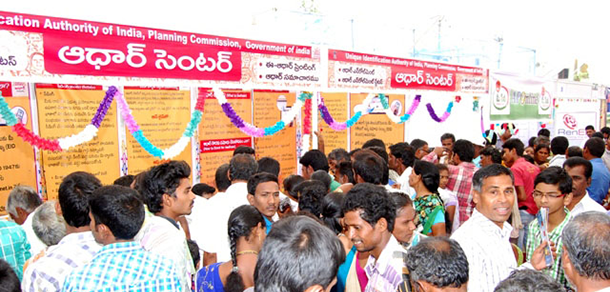Digital ID in India to expand into census efforts
15 November, 2019
category: Digital ID, Government
The second most populous country in the world could take another big step as digital ID in India moves forward — using a mobile phone app to conduct its next census. It’s a move that could further not only the cause of digital ID but also e-governance in the nation.
Amit Shah, the country’s minister of home affairs, “said the next census of India in 2021 will be a ‘digital census’ with a mobile app used to collect data.”
India, of course, already has a digital identity program known as known as Aadhaar. As well, the country’s government is issuing India driver’s licenses and vehicle registration cards, which for the first time, makes uniform the ID documents nationwide. Format and design will be standardized, and all cards will have contact and contactless technologies.
Taking digital ID in India a step further
Recently disclosed desires from the country’s leaders would take India’s digital ID efforts a step or two further. According to one recent account from India, Amit Shah, the country’s minister of home affairs, “said the next census of India in 2021 will be a ‘digital census’ with a mobile app used to collect data.” This will mark the first time that India has relied on mobile technology for its national census, according to local reports.
The effort will include making sure mobile census information can be submitted in 16 languages, and it will cost an estimated $1.68 billion dollars, according to comments from Shah.
India has a population of about 1.4 billion, though it wasn’t immediately clear what percentage of the population the government expects to take part in the census via a mobile app. For comparative purposes, the country of Estonia — considered perhaps the leading society for digital ID and e-governance in the world — had 67 percent of its population participate electronically in its last census back in 2010, according to the European Commission.
More action around national digital ID in India
That’s not all going on with digital ID in India. In news tied to the digital census push, Shah also told reporters that he wants the country to come up with what he described as a “multipurpose” digital ID card. It would, according to one report, “replace duplicate and siloed documentations of (the) Aadhaar card, voter ID card, banking card, passport, and more.”
As an Indian official described it in local news reports, the take-up rate of the digital census, along with the data collected in general from that count, could help inform and guide those future digital ID efforts, no matter what form they take. And when one of the world’s largest countries by population is involved, you can bet the rest of the digital ID world will be watching.



